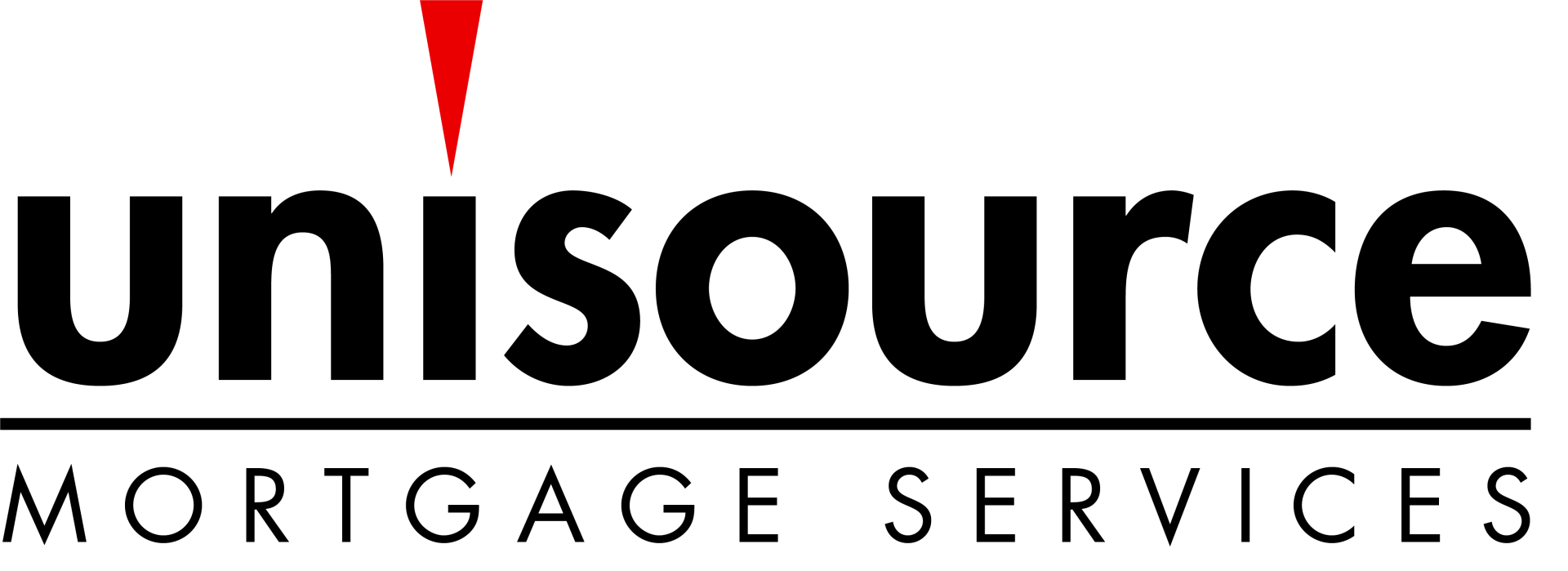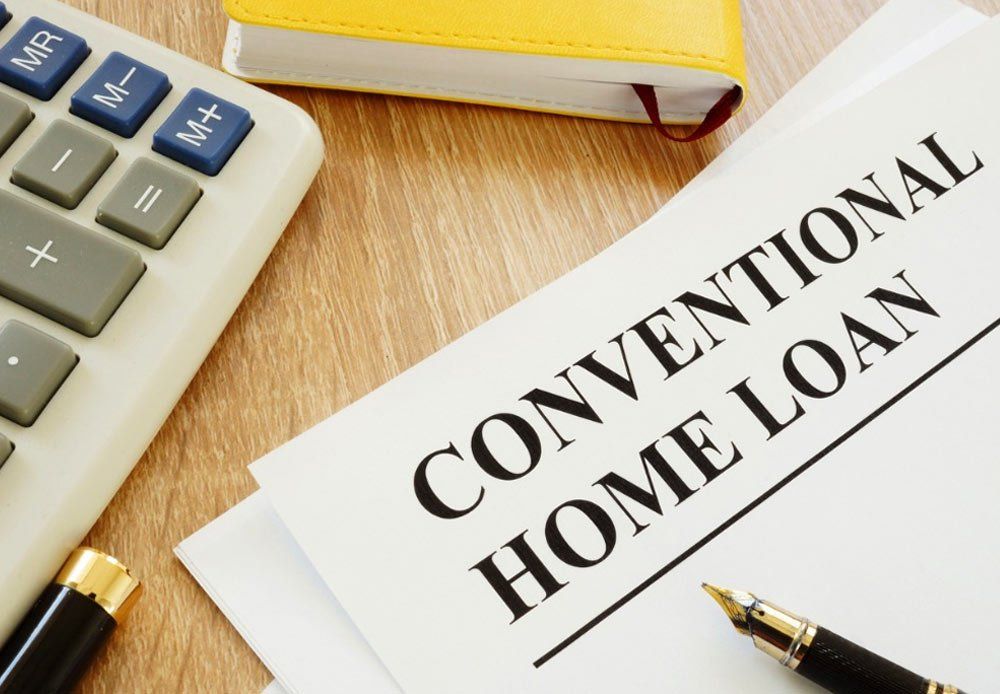Conventional Mortgage
Unisource Mortgage Services, Inc.
A conventional loan is a mortgage loan obtained from a private, non-government lender by a homebuyer. Conventional loans come in a variety of shapes and sizes. They differ in terms of borrower eligibility, interest rates, term duration, loan limits, down payment threshold, and other factors because they come from private sources.
There are many types of mortgage loans that are not part of a government program. These are called "conventional loans." It's up to private lenders to set the terms of the loan, such as eligibility or qualification requirements, interest rates, down payment requirements, payment schedule, and more. Mortgage loans that are regulated by the government, on the other hand, have strict rules about who can get a loan, how much they can borrow, and how much they can borrow. If you're looking to buy a house, traditional mortgage loan options are available through banks and mortgage brokers. You'll have a lot of alternatives, so read about the many types of conventional loans and how they differ from those granted by government programs before starting the application process.
Benefits Of Conventional Loans
- Mortgage insurance is not required if the loan-to-value (LTV) is less than 80%
- Can cancel existing mortgage insurance if the LTV is less than 80% • Can be used on all types of real estate
- There are more loan options now.
- Can have a lot of conventional loans
- There is no maximum loan limit.
Frequently Asked Questions
-
Is a conventional loan good?
If you have a good credit score and low debt, a conventional loan is a good choice. By paying 20% of the loan ahead, you can avoid PMI and cut your mortgage payments. If you can't make a hefty payment up front, conventional loans with a down payment as low as 3% are available.
-
What are the disadvantages of a conventional mortgage?
The drawback of conventional lending is that lower debt-to-income ratios are often necessary. Because low income and high debt scenarios provide more risk to private lenders, debt ratio criteria for conventional loans are more rigorous.
-
Why do sellers want conventional loans?
Conventional loans, on the whole, tend to close faster. Because these mortgages have less paperwork and fewer requirements, they can be handled faster, which many sellers like.
-
What is the minimum down payment for a conventional loan?
A typical mortgage requires a minimum down payment of 3%, but borrowers with poorer credit scores or larger debt-to-income ratios may be needed to put down more. A jumbo loan, or a loan for a second home or investment property, will almost certainly require a bigger down payment.
-
What credit score do you need for a conventional loan?
A conventional loan is one that is not backed by the government. Fannie Mae and Freddie Mac back most conventional loans. Conventional loans, according to Fannie Mae, demand a 620 credit score.
Use our online application to quickly get prequalified for your loan.
Residential mortgage broker licensed in South Carolina (#MB-0514306), Georgia (#71527), Florida (#MBR1249), and Mississippi (#103644)
QUICK LINKS
LOAN PROGRAMS
CONTACT INFORMATION
Unisource Mortgage Services, Inc.
843-815-9091
29 Plantation Park Drive, Building 100 Suite 113 Bluffton, SC
All Rights Reserved | Unisource Mortgage Services, Inc. /NMLS #103644 www.nmlsconsumeraccess.org
Website Created by: Kickstart Local

